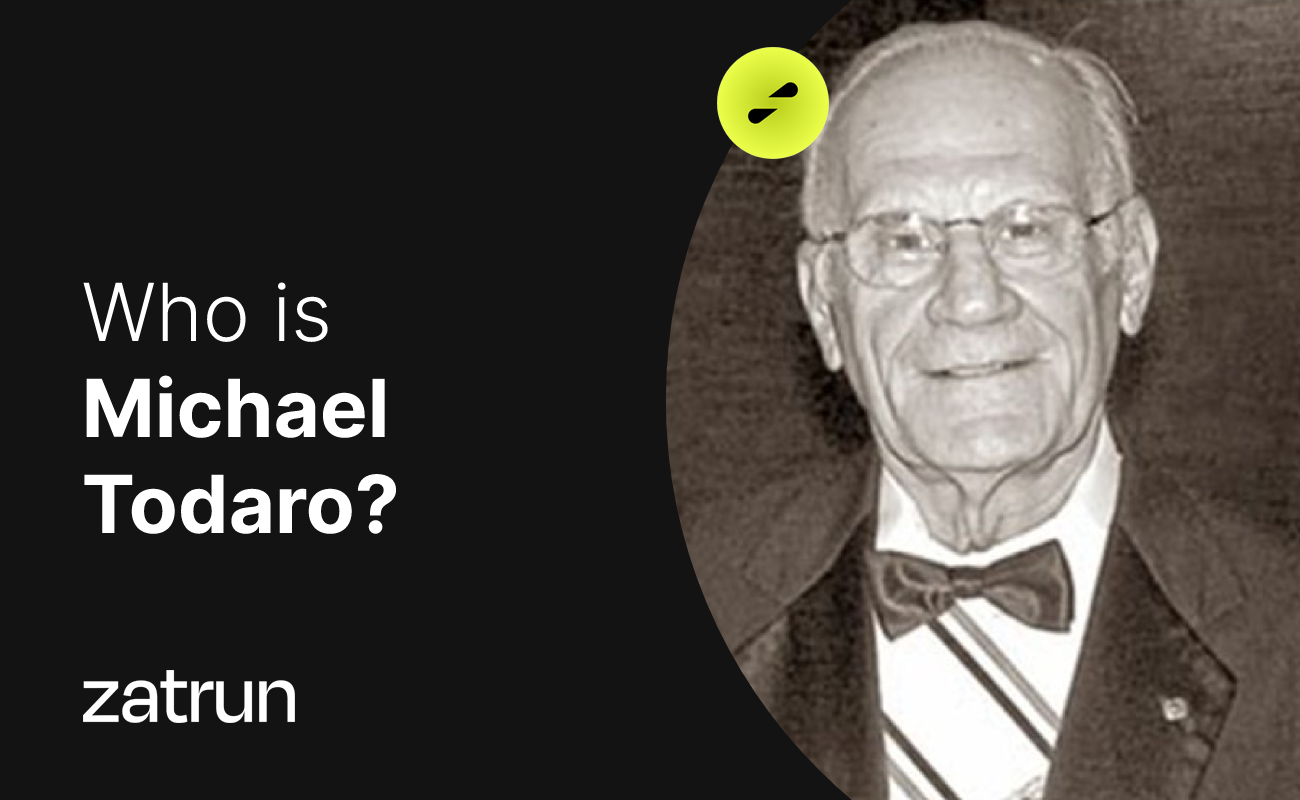Lester Thurow was an American economist considered one of the most important economists of the 20th century. He completed his undergraduate and doctoral education at Harvard University and served as an economics professor at the Massachusetts Institute of Technology (MIT) from 1968 to 2002. Thurow authored numerous books and articles examining the economic and social consequences of globalisation. This Zatrun.com article provides more information about the renowned economist.
Who is Lester Thurow?
Lester Thurow was born in 1938 in Montana, United States. His father was a Methodist minister. Thurow showed academic excellence at a young age and studied political economics at Williams College. He then won a Rhodes scholarship to pursue a Master’s degree in Philosophy, Politics, and Economics (PPE) at Oxford University. Finally, he completed his PhD in economics at Harvard University and began working as a faculty member there.

In 1968, Thurow moved to MIT and served in both the Economics Department and the Sloan School of Management. He served as the dean of the Sloan School of Management from 1987 to 1993. He also sat on the boards of companies such as Analog Devices, Grupo Casa Autrey, E-Trade, and Taiwan Semiconductor Manufacturing Corp. The Economic Policy Institute was founded by him.
Lester Thurow authored numerous books on economic topics and became a popular author. He also worked as an economics columnist and editor for publications such as the Boston Globe, USA Today, New York Times, and Newsweek. He won the Gerald Loeb Award in 1982. He died in 2016 when he was 77 years old.
Thurow’s research interests included income distribution, globalisation, national competitiveness, industrial change, and labour markets. He advocated for a political and economic system similar to Japan and Europe, in which the government played a larger role in directing the economy. The “Third Way” philosophy was the name given to this model.
Lester Thurow also proposed a more universal patent system for a knowledge-based economy. Under this system, governments would determine the value of their companies’ intellectual property rights infringed upon by foreign competitors and allow these companies to recoup those losses.
His Major Works and Legacy
“Head to Head: The Coming Economic Battle Among Japan, Europe and America” is among Lester Thurow’s most famous books. It was published in 1993. In this book, Thurow compares the economic growth and living standards of Japan, Europe, and the US, and offers suggestions on how to increase their global competitiveness.

Thurow’s other significant works include “The Zero-Sum Society” (1980), “The Future of Capitalism” (1996), and “Fortune Favors the Bold” (2003). In these books, Thurow analyses the challenges facing the American economy and strategies to overcome them.
His works have been influential in areas such as global economic competition, income distribution, technological change, education, and healthcare. Thurow advocated for more government intervention and social welfare policies as solutions to capitalism’s crises. He also emphasised that human capital is the key to economic growth and highlighted the importance of education.
Lester Thurow’s legacy includes many ideas and predictions that remain relevant and open to debate today. He argued that globalisation creates both opportunities and threats, economic inequality is increasing, technological innovation triggers social change, and economic policies require ethical responsibility. Thurow’s thoughts continue to inspire readers interested in disciplines such as economics, politics, sociology, history, and philosophy.












